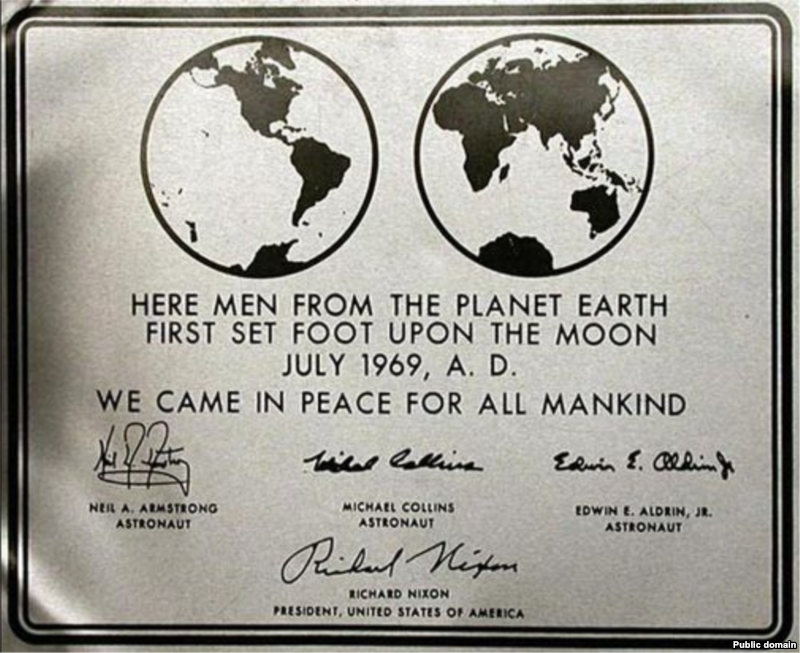“I put DNA and penicillin and the computer and the microchip in the first ten because they’ve transformed civilization. But in 500 years, most of its history will have faded to invisibility. Pearl Harbor will be as remote as the War of the Roses. The one thing for which this century will be remembered 500 years from now was: This was the century when we began the exploration of space.”- Historian Arthur Schlesinger Jr.
“Regardless of NASA's impact on computing, its many uses of computing technology from 1958 on provide valuable examples of the growth in power, diversity, and effectiveness of the applications of computers. The late 1950s marked the beginning of the computer industry as an indispensable contributor to American science and business. NASA's insatiable desire to make the most of what the industry could offer resulted in many interesting and innovative applications of the ever-improving technology of computing.”-Computers in Spaceflight: The NASA Experience
Apollo 11 was more than just a scientific breakthrough; it also helped evolve computers. Without computers today, the world would be very different. We wouldn’t have as much access to information and many things we use today would not be possible. These advancements all came from the IBM 7090 DPS computer, which calculated Apollo 11’s trajectory as well as the future.
Apollo Guidance Computers, NASA, date unknown
This historic mission was shown to the world by CBS, NBC, and ABC leading to more than just America’s accomplishment. Around the world with the “conquering” of the moon, eyes started to point to Mars and beyond, leading to what more can be discovered and explored for ages to come with space programs such as Space X, Saturn V, and the new Artemis program.
Zoom on Hover
Hover over the div element.

Apollo 11 coin, NASA, date unknown

Apollo 11 plaque, NASA, 1969
Apollo 11 is one of the most well-known and remembered events in not just the 60’s but throughout the 20th century. As one historian interviewed by the Smithsonian, Arthur Schlesinger Jr., said that the 1900s was the century where we lead the world to the space era. His words were true; this mission will always be remembered as when we landed a man on the moon.